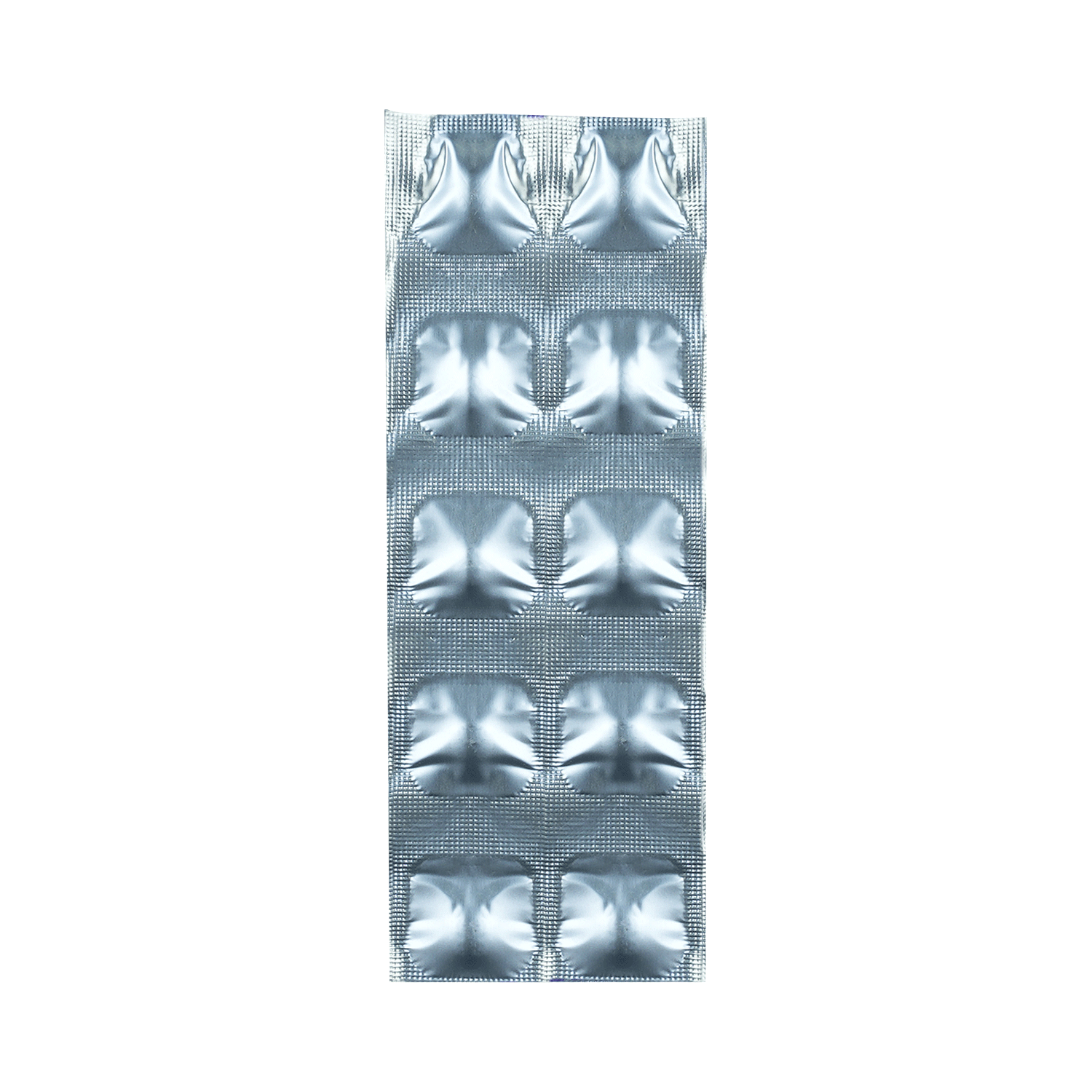


Inapure Er 10 Tablet
Manufacturer
Sun Pharmaceutical Industries Ltd
Salt Composition
Ivabradine (10mg)
Key Information
Short Description
Inapure ER 10 Tablet is a medicine used for the treatment of angina (heart-related chest pain) and chronic (long-term) heart failure.
Dosage Form
Tablet ER
Introduction
Inapure ER 10 Tablet is a heart rate lowering medication. It works by reducing the heart rate which lowers the oxygen requirement of the heart. As a result, the heart works more efficiently. The dose will depend on what you are being treated for. Since the treatment for angina or heart failure is usually life-long, you should not stop using it without talking to your doctor. It should be taken with food at the same time each day. If you take too much in one go, your heart could slow down too much and make you feel breathless or tired. If this happens, call a doctor. The most common side effects are temporary brightness in your vision, slow heart rate, high blood pressure, atrial fibrilation, dizziness, blurred vision, and ECG changes. Some side effects such as fainting and significant changes to your heartbeat may be very serious and may need urgent medical attention. Avoid driving until you know how this medicine will affect you.
Directions for Use
Take this medicine in the dose and duration as advised by your doctor. Swallow it as a whole. Do not chew, crush or break it. Inapure ER 10 Tablet is to be taken with food.
Safety Information
Side Effects
Temporary brightness in your vision Slow heart rate High blood pressure Atrial fibrilation Dizziness Blurred vision ECG changes
Alcohol Warning
It is not known whether it is safe to consume alcohol with Inapure ER 10 Tablet. Please consult your doctor.
Breastfeeding Warning
Inapure ER 10 Tablet is unsafe to use during breastfeeding. Data suggests that the drug may cause toxicity to the baby.
Pregnancy Warning
Inapure ER 10 Tablet is highly unsafe to use during pregnancy. Seek your doctor's advice as studies on pregnant women and animals have shown significant harmful effects to the developing baby.
Interacting Medicines
Medicines used to treat high blood pressure, fungal infections, and HIV
How it works
Inapure ER 10 Tablet is a heart rate lowering medication. It works by reducing the heart rate which lowers the oxygen requirement of the heart. As a result, the heart works more efficiently.
Quick Tips
Inapure ER 10 Tablet may cause dizziness or sleepiness. Do not drive or do anything requiring concentration until you know how it affects you. Monitor your blood pressure when taking Inapure ER 10 Tablet as it can increase your blood pressure. Monitor your heart rate when taking this medicine as low heart rate is a common side effect. Inform your doctor if you experience symptoms of low heart rate such as dizziness, tiredness and low energy. You may experience temporary changes in your vision such as enhanced visual brightness. These changes may occur within the initial 2 months of treatment and should gradually go away.
Frequently asked questions
What type of drug is Inapure ER 10 Tablet?
Inapure ER 10 Tablet belongs to a class of medications known as HCN channel blockers. It specifically works by slowing the heart rate.
Does Inapure ER 10 Tablet affect vision?
Inapure ER 10 Tablet may cause temporary brightness in the field of vision (luminous visual phenomena). This usually resolves with continued use. However, be cautious when driving or operating machinery if sudden changes in light occur, particularly at night.
What are the symptoms of overdosage of Inapure ER 10 Tablet?
Symptoms of overdosing on Inapure ER 10 Tablet may include slow heartbeat, dizziness, excessive tiredness, and lack of energy. Seek immediate medical attention if you suspect an overdose or experience any of these symptoms.
What is the most important information that I should know about Inapure ER 10 Tablet?
Inapure ER 10 Tablet may cause serious side effects in both adults and children. It can be harmful to pregnant women and may increase the risk of irregular or rapid heartbeats (atrial fibrillation) and slower-than-normal heart rate (bradycardia). Always talk with your doctor regarding potential interactions and dosage adjustments.
Does Inapure ER 10 Tablet lower blood pressure?
Inapure ER 10 Tablet generally causes an increase in blood pressure as a side effect. This change is temporary and does not impact the use of the medication. However, it should be avoided by individuals with severe low blood pressure (blood pressure < 90/50 mmHg).
Is Inapure ER 10 Tablet a beta-blocker?
Inapure ER 10 Tablet is not a beta-blocker. It slows heart rate by selectively blocking the sodium channel present in heart pacemaker cells responsible for increased heart rate.


